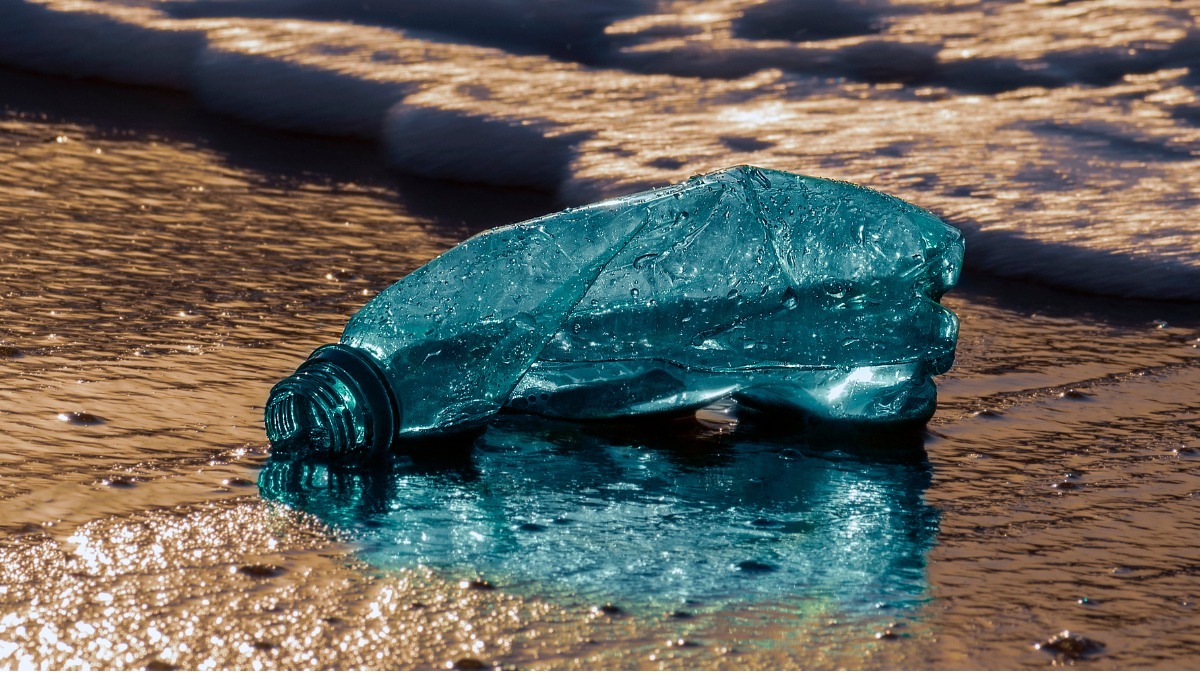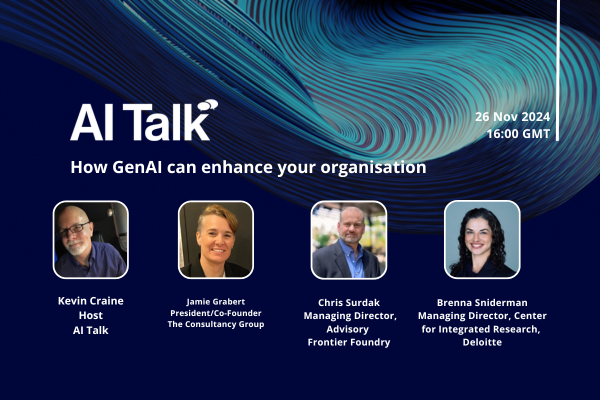How life-cycle assessments can be (mis)used to justify more single-use plastic packaging

After banning plastic bags last year, New Zealand now proposes to regulate single-use plastic packaging and to ban various hard-to-recycle plastics and single-use plastic items.
These moves come in response to growing public concern about plastics, increasing volumes of plastic in the environment, mounting evidence of negative environmental and health impacts of plastic pollution and the role plastics play in the global climate crisis.
Addressing plastic packaging is key to reversing these negative trends. It accounts for 42% of all non-fibre plastics produced.
But the plastics industry is pushing back. Industry representatives claim efforts to regulate plastic packaging will have negative environmental consequences because plastic is a lightweight material with a lower carbon footprint than alternatives like glass, paper and metal.
These claims are based on what’s known as life-cycle assessment (LCA). It’s a tool used to measure and compare the environmental impact of materials throughout their life, from extraction to disposal.
Industry arguments to justify plastic packaging
LCA has been used to measure the impact of packaging ever since the Coca-Cola Company commissioned the first comprehensive assessment in 1969.
While independent LCA practitioners may adopt rigorous processes, the method is vulnerable to misuse. According to European waste management consultancy Eunomia, it is limited by the questions it seeks to answer:
Ask inappropriate, misleading, narrow or uninformed questions and the process will only provide answers in that vein.
Industry-commissioned life-cycle assessments often frame single-use plastic packaging positively. These claim plastic’s light weight offsets its harmful impacts on people, wildlife and ecosystems. Some studies are even used to justify the continued expansion of plastics production.
But plastic can come out looking good when certain important factors are overlooked. In theory, LCA considers a product’s whole-of-life environmental impact. In practice, the scope varies as practitioners select system boundaries at their discretion.
Zero Waste Europe has highlighted that life-cycle assessment for food packaging often omits important considerations. These include the potential toxicity of different materials, or the impact of leakage into the environment. Excluding factors like this gives plastics an unjustified advantage.

One of LCA’s limitations is that practitioners tend to compare materials already available on the predominantly single-use packaging market. However, an LCA guided by the waste hierarchy would include zero-packaging or reusable packaging systems in the mix. Such an assessment would contribute to sustainable packaging policy.
New Zealand already has growing numbers of zero-waste grocers, supplied by local businesses delivering their products in reusable bulk packaging. We have various reuse schemes for takeaways.
New Zealand is also a voluntary signatory to the New Plastics Economy Global Commitment, which includes commitments by businesses and government to increase reusable packaging by 2025.
Prominent organisations, including the Ellen MacArthur Foundation and the Pew Charitable Trusts, estimate reusables could replace 30% of single-use plastic packaging by 2040. The Pew report states:
A reduction of plastic production — through elimination, the expansion of consumer reuse options, or new delivery models — is the most attractive solution from environmental, economic and social perspectives.
The plastics industry has misused LCA to argue that attempts to reduce plastic pollution will result in bad climate outcomes. But increasingly, life-cycle assessments that compare packaging types across the waste hierarchy are revealing that this trade-off is mostly a single-use packaging problem.
Policymakers should take life-cycle assessment beyond its industry-imposed straitjacket and allow it to inform zero-packaging and reusable packaging system design. Doing so could help New Zealand reduce plastic pollution, negative health impacts and greenhouse gas emissions.
Trisia Farrelly, Senior Lecturer, Massey University; Hannah Blumhardt, Senior Associate at the Institute of Governance and Policy Studies, Te Herenga Waka — Victoria University of Wellington, and Takunda Y Chitaka, Postdoctoral Fellow, University of the Western Cape
This article is republished from The Conversation under a Creative Commons license. Read the original article.

Business Reporter Team
Most Viewed
Winston House, 3rd Floor, Units 306-309, 2-4 Dollis Park, London, N3 1HF
23-29 Hendon Lane, London, N3 1RT
020 8349 4363
© 2024, Lyonsdown Limited. Business Reporter® is a registered trademark of Lyonsdown Ltd. VAT registration number: 830519543





